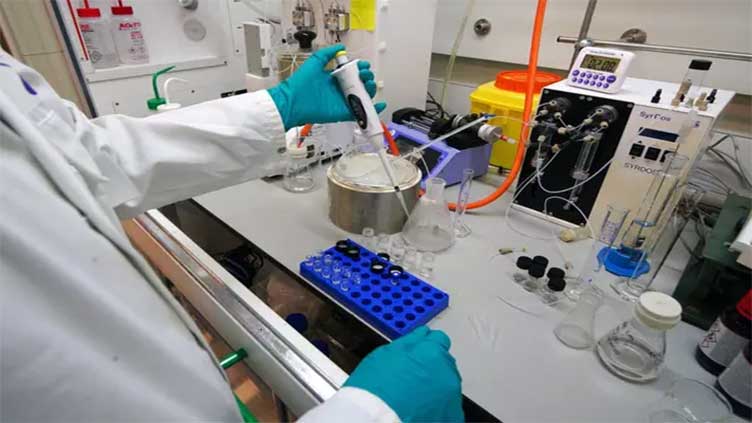'Superhuman' AI designed to predict disease, early death risk

Technology
The technology is set to be trialled
(Web Desk) - A “superhuman” artificial intelligence model designed to predict a patient’s risk of disease and early death is set to be trialled in NHS hospitals next year.
It is hoped the technology – which uses the readings of a common and cheap heart test to alert doctors to patients who may benefit from further tests or treatment – will be used across the health service within five years.
The AI program, known as AI-ECG risk estimation, or Aire, was developed to read the results of electrocardiogram (ECG) tests, which record the electrical activity of the heart and are given to patients suspected of having heart problems.
It then uses these recordings to detect issues in the structure of the heart that doctors would not be able to see.
The technology will be trialled at Imperial College Healthcare NHS Trust and Chelsea and Westminster Hospital NHS Foundation Trust from the middle of 2025, with other hospital sites to be confirmed.
Dr Fu Siong Ng, a reader in cardiac electrophysiology at Imperial College London and consultant cardiologist at Imperial College Healthcare NHS Trust, told the PA news agency: “There are three or four different studies that are going to run across hospitals from the middle of next year.
“They are broadly to test that these models are accurate in picking up diagnoses. So, people who would already have an ECG at the hospital, we would test that these models are accurate in picking up certain diagnoses.
“Then the next layer, once that’s been shown, we can intervene to show that we can change the trajectory of the patients.”
It is understood several hundred patients will be recruited for the first trial, with numbers then scaled up for following studies.
Dr Ng added: “The vision is every ECG that will be done in hospital will be put through the model.
“So anyone who has an ECG anywhere in the NHS in 10 years’ time, or five years’ time, would be put through the models and the clinicians will be informed, not just about what the diagnosis is, but a prediction of a whole range of health risks, which means that we can then intervene early and prevent disease.
“If, for example, it says you’re at high risk of a specific heart rhythm problem, you could be more aggressive in preventative treatment to prevent it from happening.
“There are some linked to weight, so you can put them through weight loss programmes.
“You might even think about earlier medical treatments to prevent things from progressing, but that will be the subject of the clinical studies that we plan to do.”
Dr Arunashis Sau, a British Heart Foundation (BHF) clinical research fellow at Imperial College London’s National Heart and Lung Institute and cardiology registrar at Imperial College Healthcare NHS Trust, told PA the aim of the Aire is not to develop something to replace doctors, but to create something “superhuman”.
“The goal here is to try and use the ECG as a way to identify people that are at higher risk, who will then maybe benefit from other tests that could tell us more about what’s going on,” he said.


